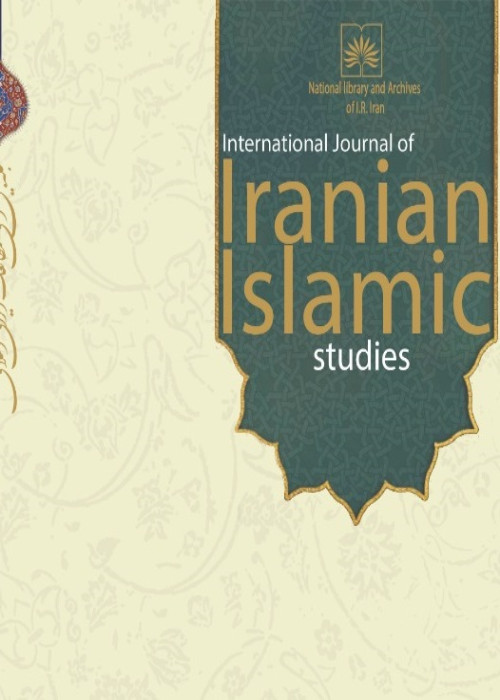Representation of pre-Islamic historical epics in early Arabic-Islamic sources
Author(s):
Article Type:
Research/Original Article (بدون رتبه معتبر)
Abstract:
For the society of the pre-Islamic era, tribalism and pride in its collective mentality was a necessary and almost stable structure. This structure, which dominated the whole life of the tribes, needed to produce exaggerated and heroic themes and themes in order to continue and spread this fabric throughout history. The culture of the pre-Islamic era was based on a multitude of epic narratives and stories that were passed down from generation to generation. As the themes and themes of the culture of the age of ignorance in the age of return can be traced in later periods. These unique historical epics were objective facts and had characteristics that were based on a collection of ethnic narratives and made people proud of themselves. This article, which is based on the method of historical research and using description and analysis, while reviewing the context of epic and examining the cultural status of the society of the ignorant era based on epic, has the basic question of reviewing the heritage of the epic of the ignorant era in the history of pre-Arab culture Islam; What were the most important points? In answer to the above question, the research hypothesis relies on the fact that part of these epics, reflected in the collection of poems and the days of the Arabs, has formed the legacy of the epics of the pre-Islamic era in the history of pre-Islamic Arab culture. The result of the research shows that the existence of a collection of daring acts called epic, which is in the form of oral history in the history of the pre-Islamic era, while creating mythical thoughts in the Arabian Peninsula, has also created the infrastructure of epic literature.In re-reading pre-Islamic historical epics on the history of Arab culture based on existing Arab-Islamic sources, Arab society in the pre-Islamic era had early ethnic epics. They lacked a centralized central government that could distance society from the tribal spirit and work for a larger society; While the focus of pre-Islamic Arab society was on tribal aspirations, it prevented heroism in society from striving for higher ideals than the tribe. Economic poverty and drought in the nature of the region made ethnic epics in the form of tribal system the most effective for the continuation of ethnic life and the most effective method in producing and reproducing newer ethnic epics and creating tribal alliances. Note: First, epics were transmitted that took on a mythical form. Second, historians of the Islamic period recorded epics that did not provoke other tribes or narrated epics to maintain a balance between the two tribes or the two sides. The third of these matters were narrated orally, and due to the Qur'an's emphasis on not paying attention to them, they gradually faded in the early period of Islam, but after a generation or two, it again took on a different form in the form of factions and sects.
Keywords:
Language:
Persian
Published:
Journal of Iranian Islamic Studies, Volume:11 Issue: 4, 2021
Pages:
131 to 160
magiran.com/p2500075
دانلود و مطالعه متن این مقاله با یکی از روشهای زیر امکان پذیر است:
اشتراک شخصی
با عضویت و پرداخت آنلاین حق اشتراک یکساله به مبلغ 1,390,000ريال میتوانید 70 عنوان مطلب دانلود کنید!
اشتراک سازمانی
به کتابخانه دانشگاه یا محل کار خود پیشنهاد کنید تا اشتراک سازمانی این پایگاه را برای دسترسی نامحدود همه کاربران به متن مطالب تهیه نمایند!
توجه!
- حق عضویت دریافتی صرف حمایت از نشریات عضو و نگهداری، تکمیل و توسعه مگیران میشود.
- پرداخت حق اشتراک و دانلود مقالات اجازه بازنشر آن در سایر رسانههای چاپی و دیجیتال را به کاربر نمیدهد.
In order to view content subscription is required
Personal subscription
Subscribe magiran.com for 70 € euros via PayPal and download 70 articles during a year.
Organization subscription
Please contact us to subscribe your university or library for unlimited access!


